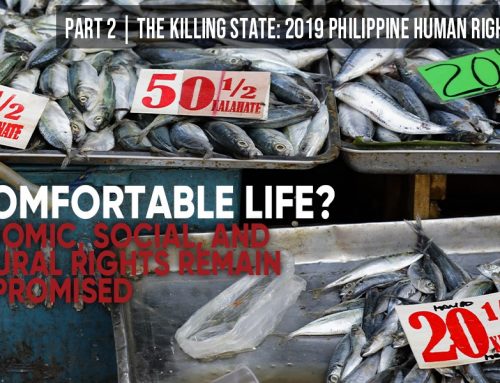A new conservation milestone means greater protection for sharks and manta rays. Five shark and two manta ray species are now under the protection of the Convention on International Trade in Endangered Species of Wild Flora and Fauna (CITES). Their commercial trade will be regulated to ensure they are legally sourced and that any trade doesn’t threaten the species’ survival.
The species include three types of hammerhead sharks, two manta ray species as well as the oceanic whitetip shark and porbeagle sharks. The enforcement of these new listings comes more than a year after nations voted to have the species added to Appendix II of CITES. The 18-month delay allowed countries to prepare for implementation.
“The listing was a victory for science over politics,” said Andy Cornish, Leader of Sharks: Restoring the Balance, a joint initiative of WWF and wildlife trade monitoring network TRAFFIC. “But now the real work starts. First we want to see the CITES regulations enforced, and then we want to see legal fisheries become truly sustainable, well-managed fisheries. The stocks of some of these species may already be too low to allow any fishing. In such cases, a recovery period will be required to pull these sharks and rays back from the brink.”
Ensuring shark survival
A 2014 report led by the IUCN Shark Specialist Group found that almost a quarter of all sharks and rays are threatened with extinction. Shark populations are decreasing at a rapid rate across the globe with losses of more than 90 per cent of some species in certain locations.
Sharks are sought for fins, meat, leather, liver oil and cartilage. However, it is the demand for shark fins in Asia that is the greatest driver of overfishing and population declines. Oceanic whitetip and hammerhead fins are high value, the porbeagle is mainly caught for the international trade of its meat and the gill plates of manta rays are highly valued as a health tonic in southern China.
WWF and TRAFFIC are working together to promote responsible shark fishing, improve the regulation of international trade in shark products and reduce consumer demand for unsustainably sourced shark and ray products.
WWF has led campaigns in several Asian countries to persuade companies and consumers to stop buying, selling or consuming shark fin. There are no certified sustainable shark fin yet on the market and these products should be avoided.







